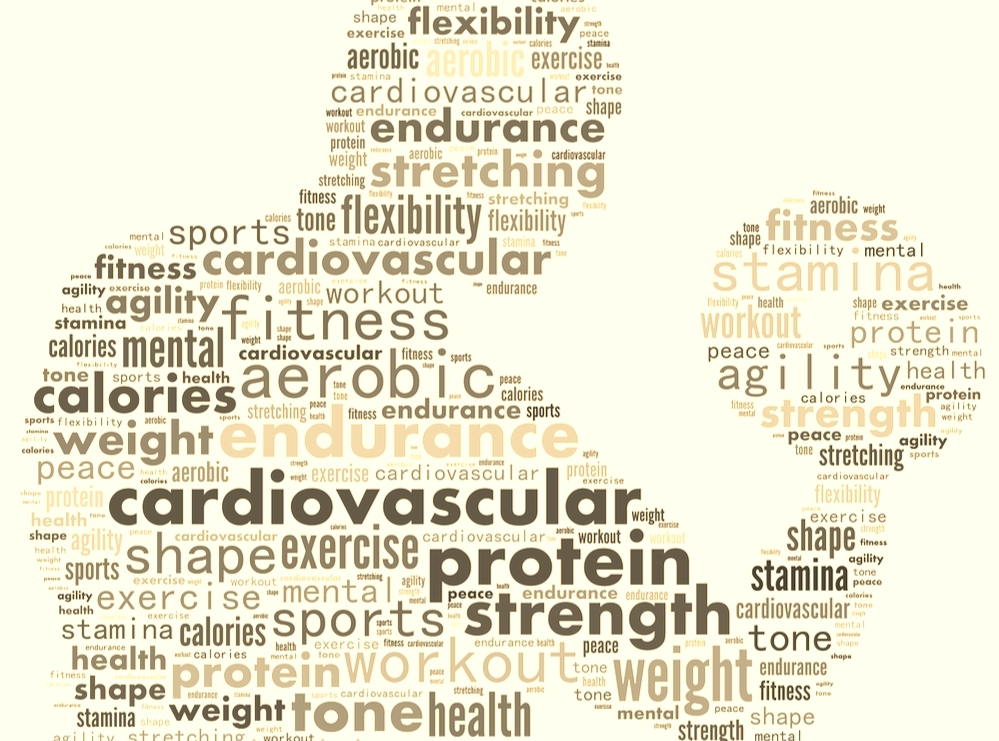The movement toward vegetarianism is surging in popularity now. Since vegans and vegetarians don’t consume meat, they must rely on plant-based proteins to meet their daily protein needs. Plant-based proteins may be found in many different dietary groups. If you replace some or all the meat in your diet with one or two of these protein sources, you will have no trouble meeting your protein needs. However, there will always be pros and cons of protein powder sourced from plants. Therefore, while depending on plant-based proteins might make up for your missing proteins and provide a plethora of benefits, it can also pose some challenges.
To help you make an informed decision, we have listed some significant pros and cons of plant-based protein powder.
Pros
Here is a list of benefits of including plant based protein powder in your daily diet.
The percentage of harmful bacteria is tiny.
Getting proteins from plants can help lower the number of dangerous bacteria like Salmonella in our bodies, keeping us fit and free of pathogens, which allows us to stay healthy.
Easy to digest and with no allergic reactions
Due to the absence of lactose in plant protein powder, several adverse effects, such as bloating and gas, are eliminated. Utilising a plant-based protein powder also mitigates poor digestion, a typical side effect of lactose intolerance. This means that plant protein is quickly broken down, absorbed, and passed out of the body.
Plant-based protein keeps your gut healthy
The more plant proteins you eat, the better off your digestive system will be. Plant-based proteins aid in detoxification and maintain digestive tract health due to their greater fibre content and overall nutritional value. This helps our body’s immune system, which helps in reducing the risk of several illnesses, including strokes, cancer, and heart disease.
Plant protein helps in improving your athletic performance
Most athletes are shown to prefer animal sources of protein for larger and more toned muscles. However, switching to plant-based proteins might enhance your performance and game. Because proteins from plants improve not only how well athletes do but also how much energy they have and how long it takes for them to recover.
Cons
Plant based protein powder also has a few disadvantages that include the following.
- Since many plant-based proteins lack essential amino acids, they provide the most nutrition when eaten together.
- If you’re dieting, you should avoid plant-based proteins, particularly high in carbs.
- Many of the purportedly healthy plant proteins used in modern meals are treated using hexane. This explosive neurotoxin can cause harm to the central nervous system.
- Vegetarians are more prone to being deficient in vitamin B12 since meat, and dairy products are the primary sources of vitamin B12. Vitamin B12 deficiency is associated with various health issues, including anaemia, neurological diseases, paralysis, etc. To compensate for this vitamin’s long-term insufficiency, you must take vitamin B12 supplements, as your doctor prescribes.
Conclusion
The above points explain the pros and cons of protein powder sourced from plants. Carefully examine these points to determine whether they are best for your protein requirements. You can even consult your doctor or dietician to guide you in this regard.


